Table of Contents
Ginger, botanically called Zingiber officinale, is a spice and curative herb. Many people regularly use it either for flavoring or for its medicinal properties. We detail all the health benefits of ginger and its uses, from folklore medicine to modern science. And some of these may surprise you. Whether you enjoy ginger tea and ginger powder or use fresh ginger in your cooking, discover what ginger can do for you.
Ginger at a glance
There are many different varieties of ginger, with more than 1,000 species and 47 genera. The most popular varieties include:
- Crepe ginger (Costus speciosus)
- Kahili ginger (Hedychium gardnerianum)
- Pineapple ginger (Tapeinochilos ananassae)
- White ginger (Hedychium coronarium).
Ginger consists mostly of water and carbohydrates, with miniscule protein (1).
With only 2 grams of carbohydrates per 5 slices, ginger is a low-glycemic food with traces of fiber and sugar (2). People with diabetes can therefore eat it without too much concern.
Ginger also contains vitamins C and B6, calcium, potassium, magnesium, phosphorus, and sodium. Although their content is low, you can pair ginger with nutrient-rich foods or use it in balanced meals to increase your mineral intake.
Ginger, the superfood: Bioactive compounds
Ginger contains over 400 bioactive compounds making it somewhat of a ‘superfood’. These compounds are key to its organoleptic properties or its color, taste, smell, and texture.
Ginger gets its distinct aroma and flavor from its natural oils and phenolic compounds. The most prominent of these is gingerol. Compounds in ginger can vary depending on the growing conditions, time of harvesting, and age of the plant.
Shogaols, paradols, and zingerone in ginger have demonstrated antioxidant, anti-inflammatory, and anti-cancer properties (3).
Fresh ginger has a higher concentration of gingerols than dry ginger. Shogaols are the major compounds that remain after drying ginger root or making ginger powder.
Evidence-based health benefits of ginger
Eases nausea
There’s a reason pregnant women reach for ginger tea when they’re feeling queasy.
A review of 14 randomized clinical studies found that 1 gram of ginger root per day reduced nausea in pregnant women (4). In some trials, it only reduced overall symptoms and not the number of vomiting episodes.
The evidence suggests that gingerol, the bioactive ingredient in ginger, relaxes gastrointestinal muscles and speeds up gastric emptying.
Ginger can also help reduce chemotherapy-induced nausea in cancer patients (5).
Ginger is a non-pharmacological remedy for nausea in pregnancy, motion sickness, and chemotherapy.
Fights inflammation
Inflammation is a common cause of pain, including musculoskeletal pain and arthritis. Ginger, on the other hand, is anti-inflammatory and anti-arthritic.
Studies show that ginger can reduce pain and improve function in people with osteoarthritis. Gingerol functions similarly to COX-2 inhibitors, the medications used to treat pain from osteoarthritis and rheumatoid arthritis (6).
According to a 2022 study, 6-shogaol, the bioactive compound that gives ginger its pungency, can inhibit inflammation in blood vessel cells (7). Osteoarthritis patients can benefit from consuming spices like ginger and turmeric, according to the Arthritis Foundation recommendation (8).
According to some mouse models, ginger can reduce airway inflammation.
Ginger may help prevent or treat arthritis-related pain and inflammation, according to animal and human studies.
Antioxidant-rich
On top of its anti-inflammatory effects, ginger is high in antioxidants.
Antioxidants protect your cells from damage by free radicals. Oxidative damage can disrupt metabolism and adversely affect your body in many ways. It may cause cancer, premature aging, heart disease, diabetes, and neurodegenerative diseases such as Alzheimer’s.
Ginger is cancer-protective
Ginger extract is a potent adjunct to cancer therapy. Ginger’s anti-cancer prowess comes from its bioactive molecules 6-gingerol, 6-shogaol, 6-paradol, and zerumbone.
Ginger has been shown to have anti-cancer properties and can prevent gastric, colon, and lung cancer cell growth through bacterial reduction load in lab studies. Some research suggests it can help suppress the growth of new blood vessels, which could be helpful in preventing cancer (8).
In a human trial, 20 people with an increased risk for colon cancer were given 2 grams of ginger daily for four weeks (9). Their pro-inflammatory signals were lower at the end of the trial as compared to controls who were given a placebo. Several other studies link phenols in ginger to apoptosis or cell death, especially in ovarian and breast cancer cells. (10)
These studies are promising. But, larger studies are needed to confirm ginger’s chemoprotective status.
Ginger may help reduce cancer risk due to the presence of gingerol and shogaol.
Ginger and blood sugar
Gingerol could also explain ginger’s anti-diabetic and lipid-lowering properties. It inhibits carbohydrate-breaking enzymes and thus aids in glucose metabolism. This is critical for controlling the long-term complications of diabetes (11).
The ‘happy hormone’, or serotonin, regulates insulin production. Low serotonin levels affect insulin production, causing blood sugar levels to rise—a hallmark of diabetes. (citation) .
In type 2 diabetes, the pancreas does not produce enough insulin, and your body cannot use sugar as it should. According to a 2020 study, ginger can lower blood sugar by helping your muscles absorb more glucose without having to take insulin (12).
A review of published research suggests that ginger supplements can improve fasting blood sugar in type 2 diabetes patients (13).
Furthermore, a 2016 animal study found that ginger may help protect rats with diabetes from heart problems (14).
There is still much to learn about the effects of ginger on type 2 diabetes. However, so far, the research has shown beneficial results.
Ginger is good for your heart
The combination of vitamin C, antioxidants, magnesium, and potassium in ginger can help fight heart disease.
Ginger can help lower your blood pressure, sweep LDL ‘bad’ cholesterol from the bloodstream, and reduce the oxidation of LDL (15).
According to research of 4,628 adults, those who ate 2 to 4 grams of ginger daily had a lower risk of high blood pressure or cardiovascular disease (16).
Chronic inflammation is one of the root causes of cardiovascular disease. If you eat ginger or other anti-inflammatory foods, you can help keep your heart in good shape.
The nutrients and antioxidants found in ginger can help manage cholesterol and blood pressure and ease inflammation leading to heart disease.
Healthy ways to include ginger in your diet
Ginger comes in a variety of forms ranging from the stocky raw ginger root to ginger powder and pickled ginger. Here are some delectable ways to harness its health benefits.
- Coffee and ginger have a synergistic effect when it comes to fighting free radicals. Spice up your morning cup of coffee with a teaspoon of ground ginger.
- Team ginger root with turmeric, garlic, peppercorns, shredded chicken, and chicken broth. Use this for a turmeric-ginger chicken noodle soup.
- You can also go the sweet route with blueberry-ginger pie or gingerbread fudge.
- If you’re pregnant, you might want to consider a ginger kale green smoothie to ease morning sickness.
How to make ginger tea

To make ginger root tea, start by peeling and slicing a 2-inch piece of fresh ginger. Boil 4 cups of water in a pot and add the sliced pieces. Let it simmer and infuse for 10 minutes. Strain the ginger, pour the tea into a cup, and enjoy!
For extra taste, add honey or lemon. This soothing drink can help with digestion, colds, and sore throats.
Choose fresh ginger root
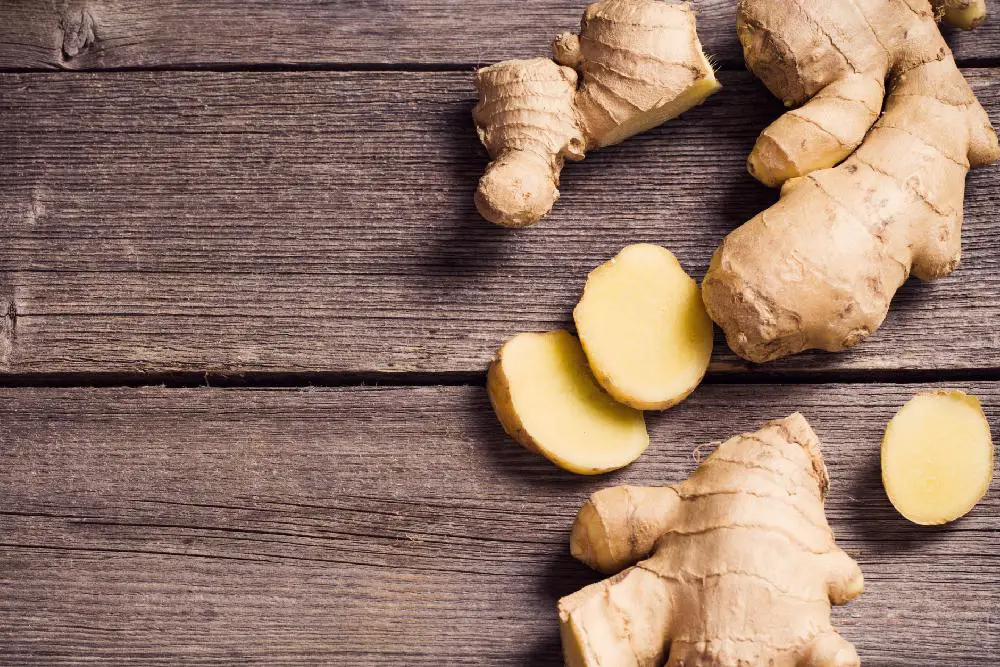
Here are some things to keep in mind when adding ginger to your diet.
- Choose natural, organic, and fresh ginger.
- Avoid processed products like ginger candy and ginger salad dressing. They lack nutritional value.
- Take a moderate amount over an extended period of time for the best results.
While ginger can be helpful in some cases, it is not a substitute for any medical treatment. If you experience any unusual symptoms when you eat ginger, you should stop using it.
Precautions
Ginger has a long history of safe culinary and medicinal use. Allergies or side effects of ginger are fairly uncommon. That said, the daily dose should not exceed 1 gram in pregnant women and 4 grams in adults.
Here are a few precautions when using ginger:
- May have hypoglycemic effects in patients taking oral hypoglycemic medications.
- It can lower blood pressure so that you may feel lightheaded.
- Contains salicylates, a blood thinner found in aspirin. This can slow blood clotting in patients with hemophilia and increase the risk of bleeding during surgery. Doctors advise stopping ginger intake 1‒2 weeks before surgery (17).
- Drinking more than 4 cups of ginger tea may cause heartburn or stomach upset. Spicy food taken with ginger can cause the same effect. However, if you have a rash or stomach pain after drinking ginger tea, this may be an allergy.
Ginger can affect your blood sugar levels. That means it can interact with diabetes medications. If you’re taking a ginger supplement and are also on diabetes medication, this can further lower blood sugar.
As with most herbs, don’t overdo it if you’re pregnant or under medication. With so many health benefits to ginger, it’s hard not to include this spice in your meal plan.
Summary
Ginger has been around for a long time and is still popular today. From soothing nausea to preventing chronic disease, ginger has numerous health benefits. Ginger is on FDA’s GRAS (Generally Recognized As Safe) list. You can use fresh ginger root, powdered or dried ginger, or as an essential oil. Unless you are allergic to ginger or up for surgery, there is no risk in trying it.








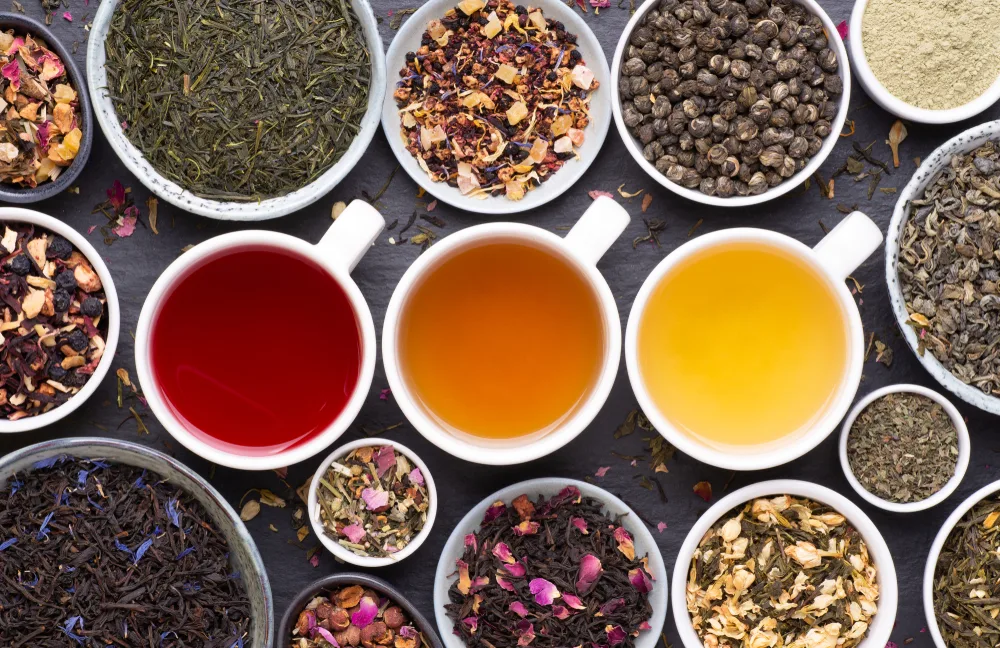


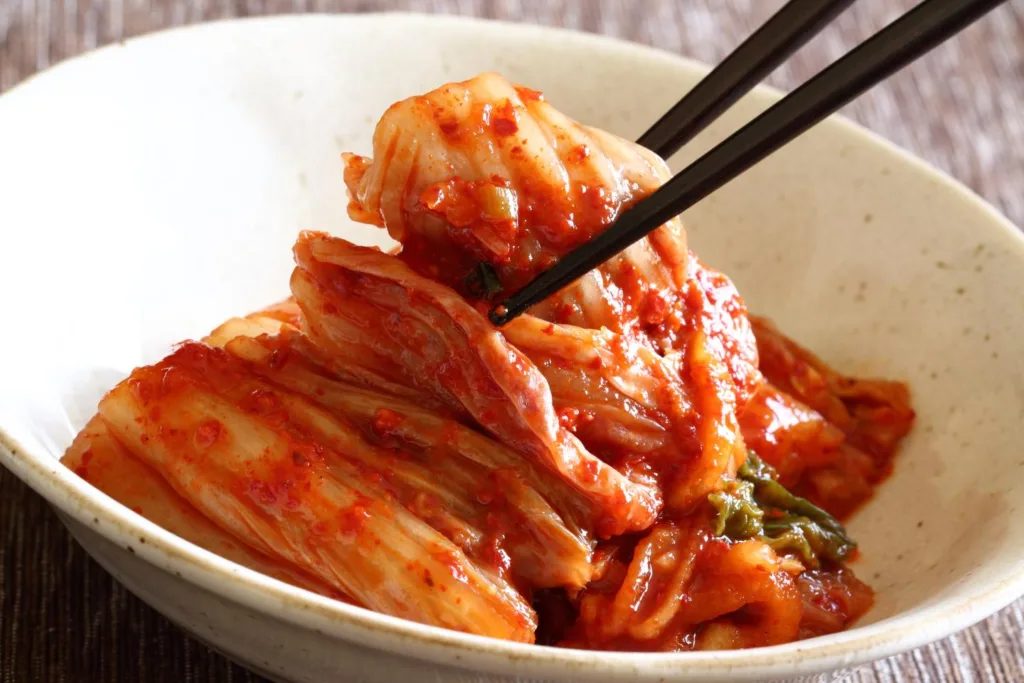

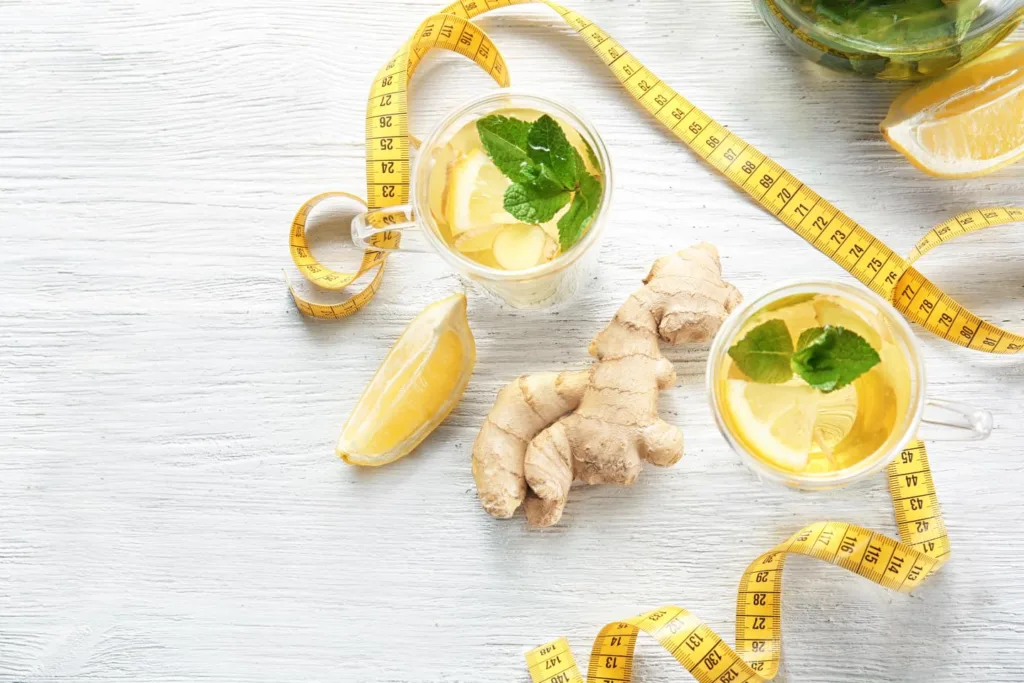

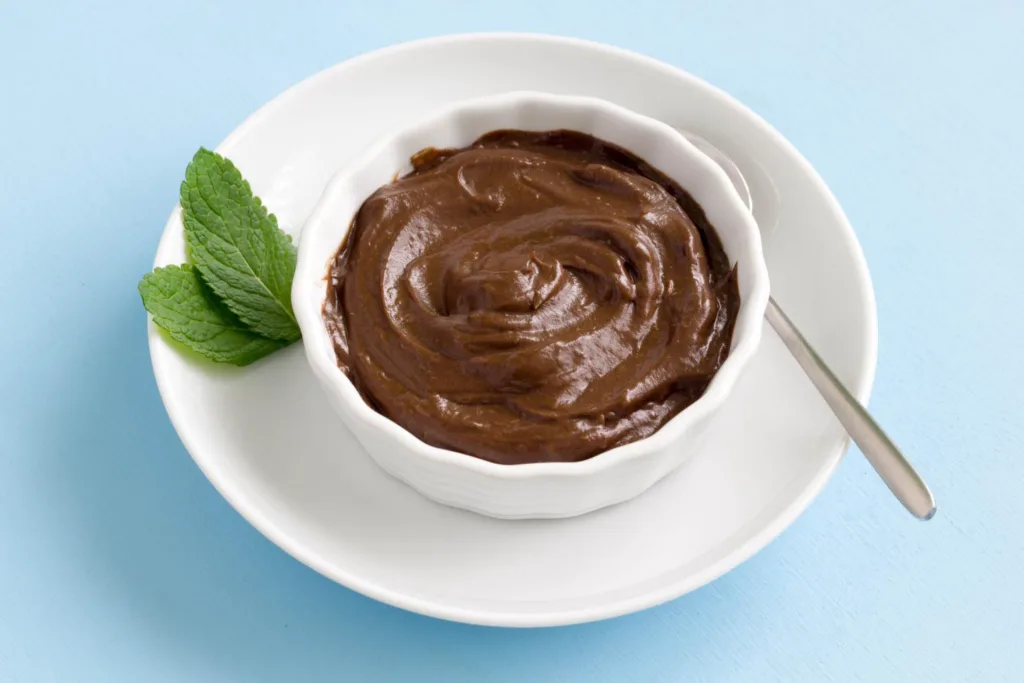

Comments
0